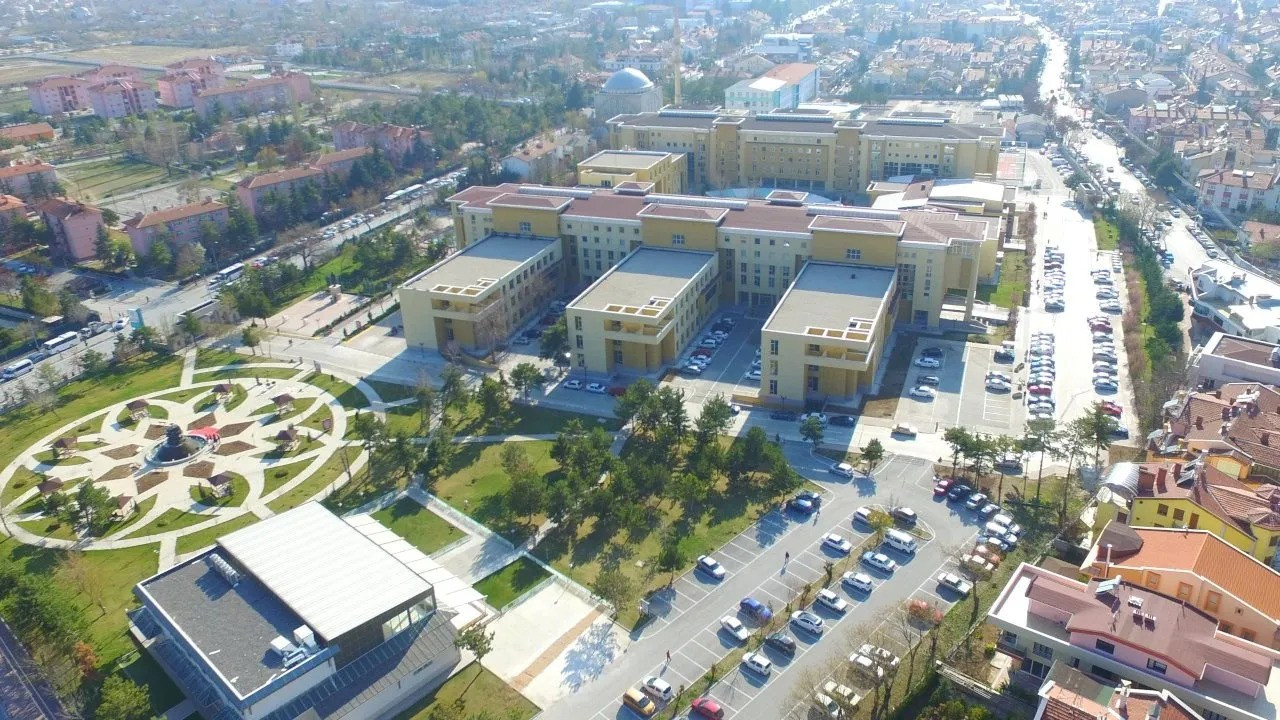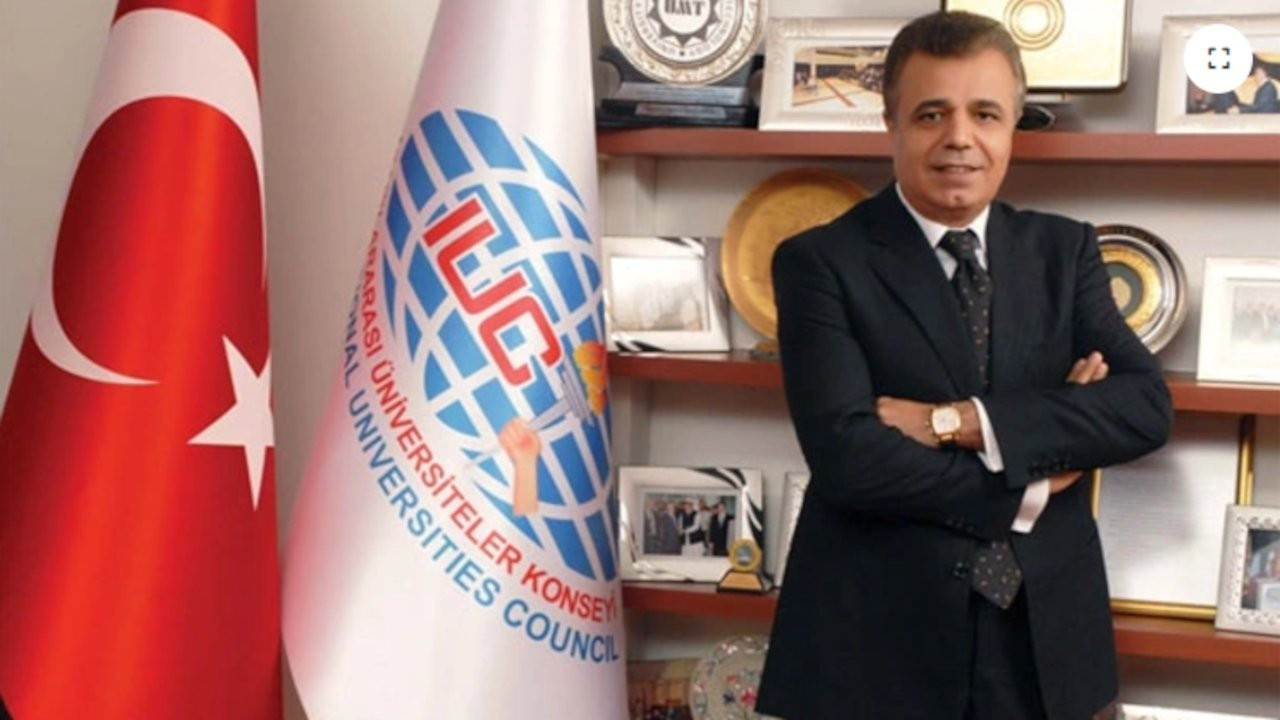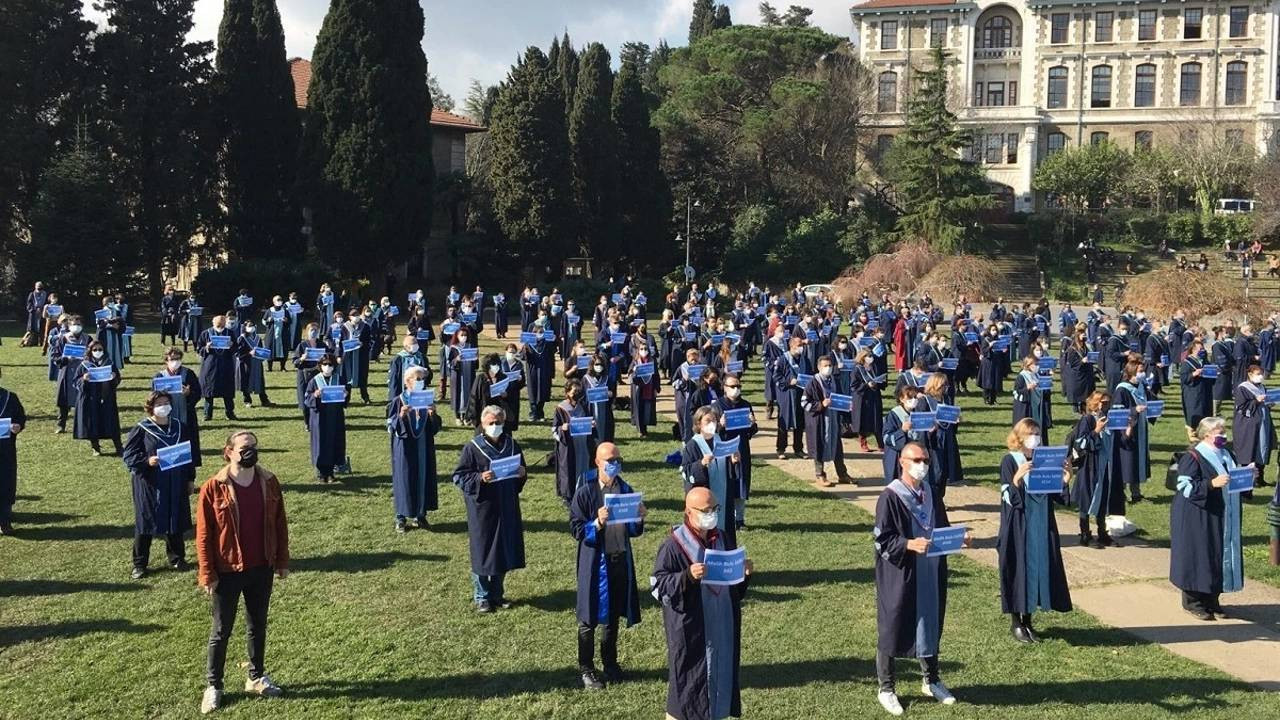Medical journal retracts article by Turkish academics over 'nonconsensual human experiment'
An article published by a group of academics from Istanbul Medeniyet University Infectious Diseases Department during the coronavirus pandemic was retracted on the grounds that experiments were conducted without obtaining consent from patients.
Duvar English
A group of academics from Istanbul Medeniyet University's Infectious Diseases Department have used an antibiotic and antiviral drug on COVID-19 patients as part of an experiment without obtaining their consent and then published their findings in a peer-reviewed academic journal, according to the reporting of the daily BirGün.
The European Journal of Clinical Microbiology and Infectious Diseases (Springer-Nature), where the study was published two years ago, retracted the article after objections from the scientific community.
In the retraction note, the editor-in-chief of the journal noted that although the consent for participation was waived during the study, they did not think “a waiver to be appropriate for a study of this nature.”
Infectious Diseases and Clinical Microbiology Prof. Önder Ergönül, who is an associate editor of the journal, said that the study in question was methodologically problematic and that the Higher Education Council (YÖK) should initiate an investigation.
Infectious and Clinical Microbiology Diseases Prof. Esin Davutoğlu Şenol also underscored that there was a serious methodological error and said, "You cannot conduct such a study without obtaining patient consent and insuring the patient. Maybe those patients died, we do not know this, and there is a huge ethical violation. With the retraction of the article, an embarrassing situation occurred on behalf of Turkey.”
Şenol called the Health Ministry and YÖK to take immediate action, identify the patients, and investigate what happened to them.
Turkish Society of Clinical Microbiology and Infectious Diseases (KLİMİK) emphasized that the retraction of a study published in a peer-reviewed scientific journal is a rare but extremely serious situation.
"The retraction of an article brings serious responsibilities to the authors, as well as important lessons for the whole scientific community. For this reason, the retracted article itself, the criticisms made to the article, the authors' responses to these criticisms, and the final opinion of the editor should be read carefully,” the association noted.

 MS disease is punishment from God, Turkish medical professor argues in academic publicationEducation
MS disease is punishment from God, Turkish medical professor argues in academic publicationEducation Turkey’s International Universities Council head fakes academic title: ReportDomestic
Turkey’s International Universities Council head fakes academic title: ReportDomestic Publication ratio per academic in national peer-reviewed journals in Turkey stands at 0.28Education
Publication ratio per academic in national peer-reviewed journals in Turkey stands at 0.28Education